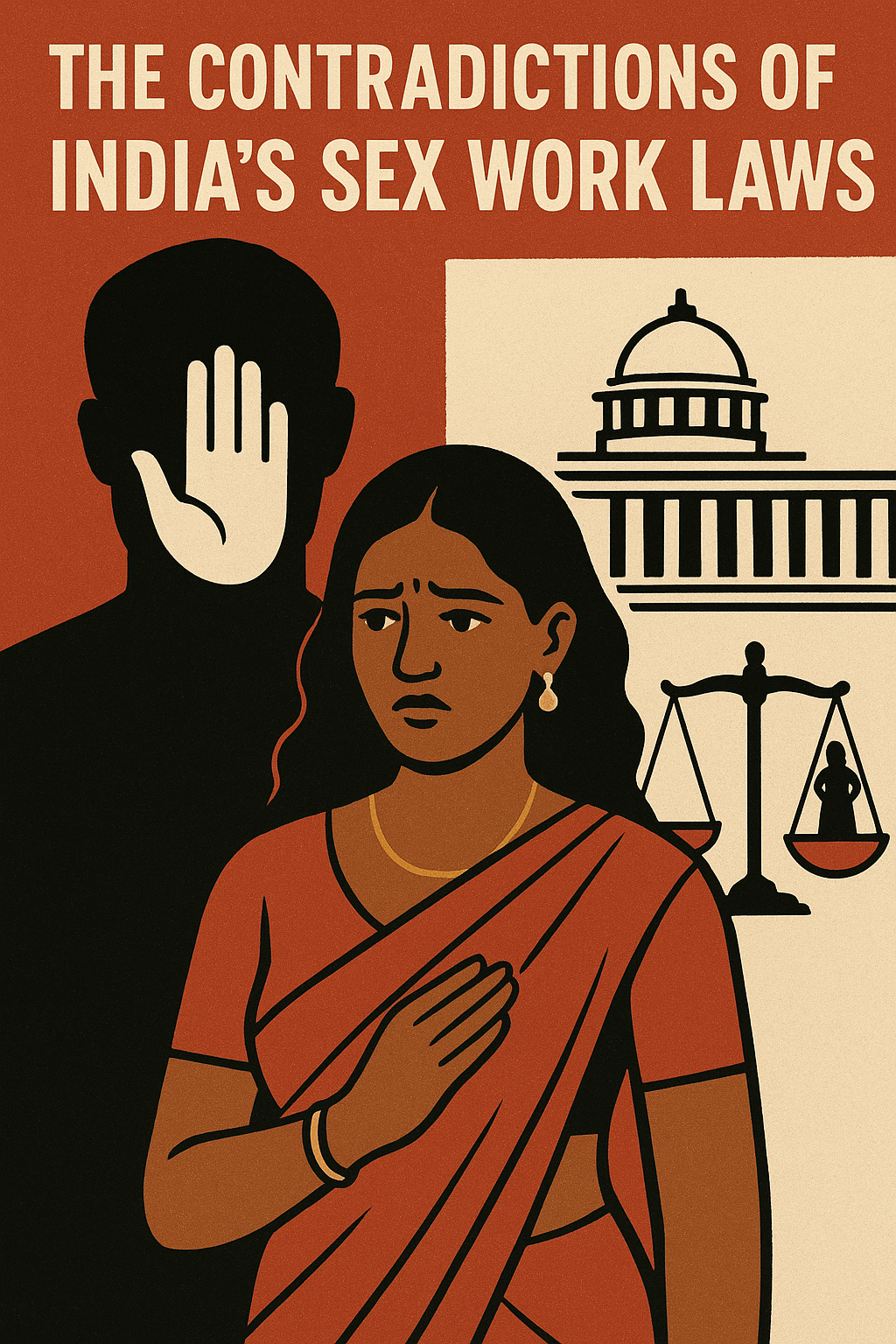



Marriage, as a sacred institution, gives rise to a relationship between two partners: the husband and the wife. This relationship entails various rights and obligations, collectively known as
“conjugal rights.” These rights include the duty to stay together and support each other during challenging times. However, if one spouse unreasonably withdraws from the other’s society, the aggrieved party can seek justice through the legal remedy of restitution of conjugal rights. Restitution of conjugal rights is the marital relief that provides for the re-establishment of the marital relationship between husband and wife.
Primarily the Jewish law provided for this remedy that later was adopted in the English common law and then it came to India.
In India, the remedy of restitution of conjugal rights is available to members of all communities either under the personal law or general law.
The husband or wife may get a decree for restitution of conjugal rights where the wife or husband as the case may has withdrawn from the society of others without reasonable cause and the court is satisfied with the truth of the statements made by the petitioner in the petition and there is no legal ground why the application should not be granted.
Restitution is the restoration of something lost and conjugal rights are the rights to cohabit, especially to sexual relations regarded as exercisable in law by each partner in marriage.
In case one spouse happens to leave the other from the matrimonial society without any reasonable cause the other deserted spouse can file a petition in district court for the restitution of conjugal rights. The guilty party is ordered to live with the aggrieved party through the decree.
In Krishnamurthy V/S Syamanthakamani (1977 HLR 163), the court said where a question arises whether there has been a reasonable excuse for withdrawal from the society, the burden of proving it shall be on the person who has withdrawn from the society of others.
The spouse must have withdrawn from the society of the other i.e., cessation of cohabitation. Withdrawal involves physical and mental separation. Eg; spouse’s refusal to live together, refusal to have marital intercourse, refusal to live in the company and comfort of the other, etc. The withdrawal must be reasonable.
Following acts like gross indecent behaviour, the lavish lifestyle of women, excessive drinking, violence due to insanity, false accusation of adultery, dictatorial conduct, refusal of marital intercourse, addiction to drugs and violent temper, etc will amount to reasonable cause.
If the spouse has reasonable cause for withdrawal then she /he can claim maintenance and separate residence under specific maintenance laws i.e., sec 18 of Hindu Adoption and Maintenance Act 1956.
In Ram Chandra V/S Adarsh, the wife went to her parents ‘ home for delivery but the husband did not care to see the wife and child after she underwent a cesarean operation though the nursing home was near his house. He did not go to his in-laws to fetch her. This was a reasonable cause.
Whether living separately for a job amount to reasonable cause?
In all societies, the accepted opinion is that the wife and husband must live under the same roof sharing pains and pleasures and the wife should be obedient to her husband. However in modern times under the changing socio-economic cultures, many housewives are taking up employment. It depends on the facts and circumstances of each case but if there is reasonable cause then it would not amount to withdrawal.
In Tirath Kaur V/S Kirpal Singh (1964 Punj 28) at the husband’s instance, the wife took up training and succeeded in obtaining a diploma in tailoring and took a job at some distance from the husband’s house. Parties cohabited at each other’s place and later the husband asked the wife to resign from her job and join him at home. On the wife’s refusal, the husband filed a petition for restitution of conjugal rights. The court ordered the wife to give up her job and reside with her husband or else it would amount to withdrawal from his society.
In Sushila V/S prem (1986 MP 225) when the husband dumped his wife in his father’s house and showed an unresponsive attitude towards her it amounted to withdrawal from society on the part of the husband and thus he was not able to claim benefit under this matrimonial relief.
If under Mohammedan law the husband has not paid the dower then he cannot claim the benefit under the restitution of conjugal rights.
Under Bakh bibi V/S Din, a Muslim husband married a Muslim woman during the period of iddat. Consummation of the marriage took place after the expiry date. His wife deserted the husband. He claimed benefit under the restitution of conjugal rights but the court held that marriage was not valid as it took place during the iddat period and thus decree of restitution could not be granted.
The basic essence of the restitution of conjugal rights as a matrimonial relief is the same under all personal and general laws.
The Christians can claim the benefit of this remedy under the restitution of conjugal rights under the Divorce Act, of 1869. (Amendment Act 2001).
If the marriage is under the Special Marriage Act only then the benefit of restitution of conjugal rights1954 will be available and not otherwise.
The constitutional validity of this provision was challenged in T.Sareetha V/S T.venkata (1983 AP 356), the court held that this provision is violative of the right to privacy and human dignity guaranteed under Article 21 of the constitution.
But this decision was reversed in the case of Harvinder Kaur V/S Harmandir Singh (AIR 1984 Del.66) court dissented from the decision of T.sareetha and held the constitutionality of the restitution of conjugal rights.
The decision of the Harvinder was reaffirmed in the case of Saroj Rani V/S Sudarshan Kumar (AIR 1984 SC 1562) where the court upheld the constitutional validity of the restitution on conjugal rights.
The concept of restitution of conjugal rights in Indian law has its roots in a different time and social context. While it may have been well-intentioned to preserve the institution of marriage, it is increasingly viewed as anachronistic and inconsistent with contemporary notions of individual autonomy and marital partnership based on equality. It is essential in modern times to evaluate whether the remedy truly serves its purpose.